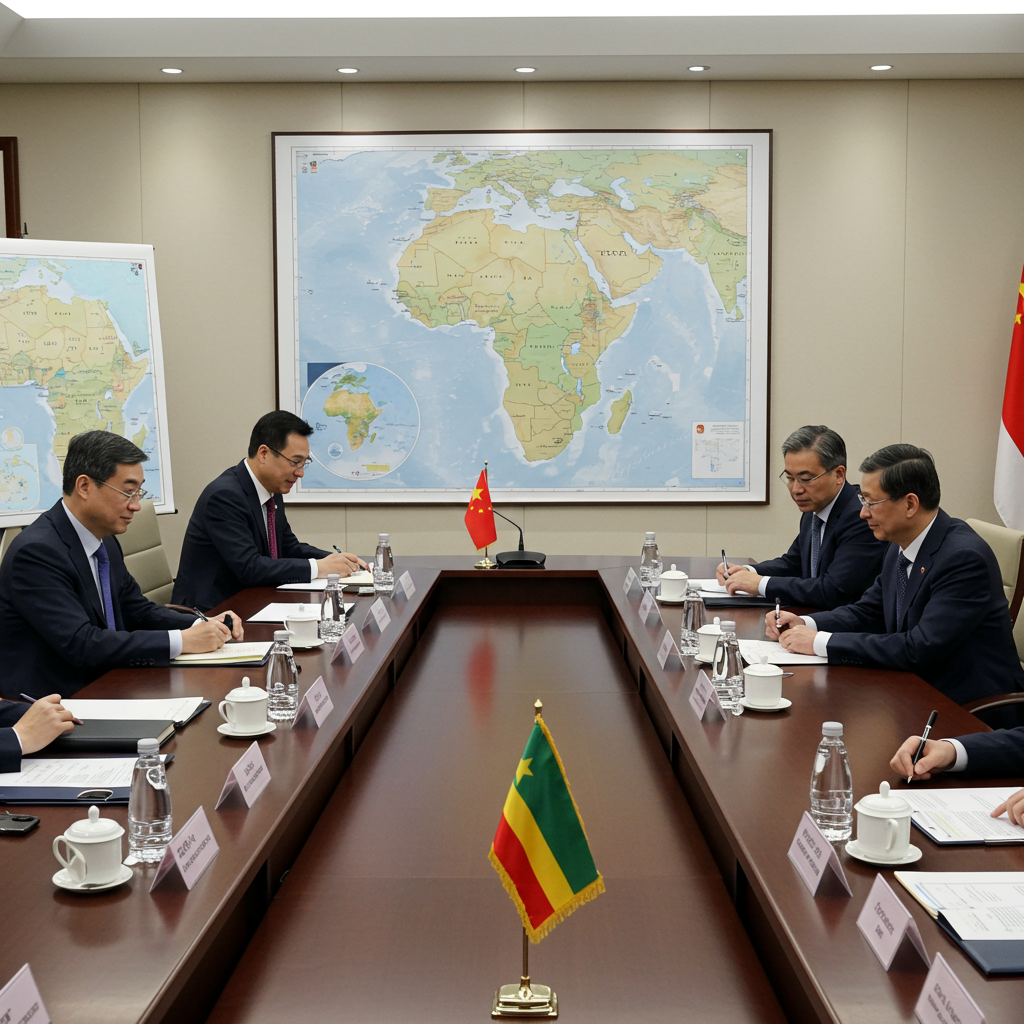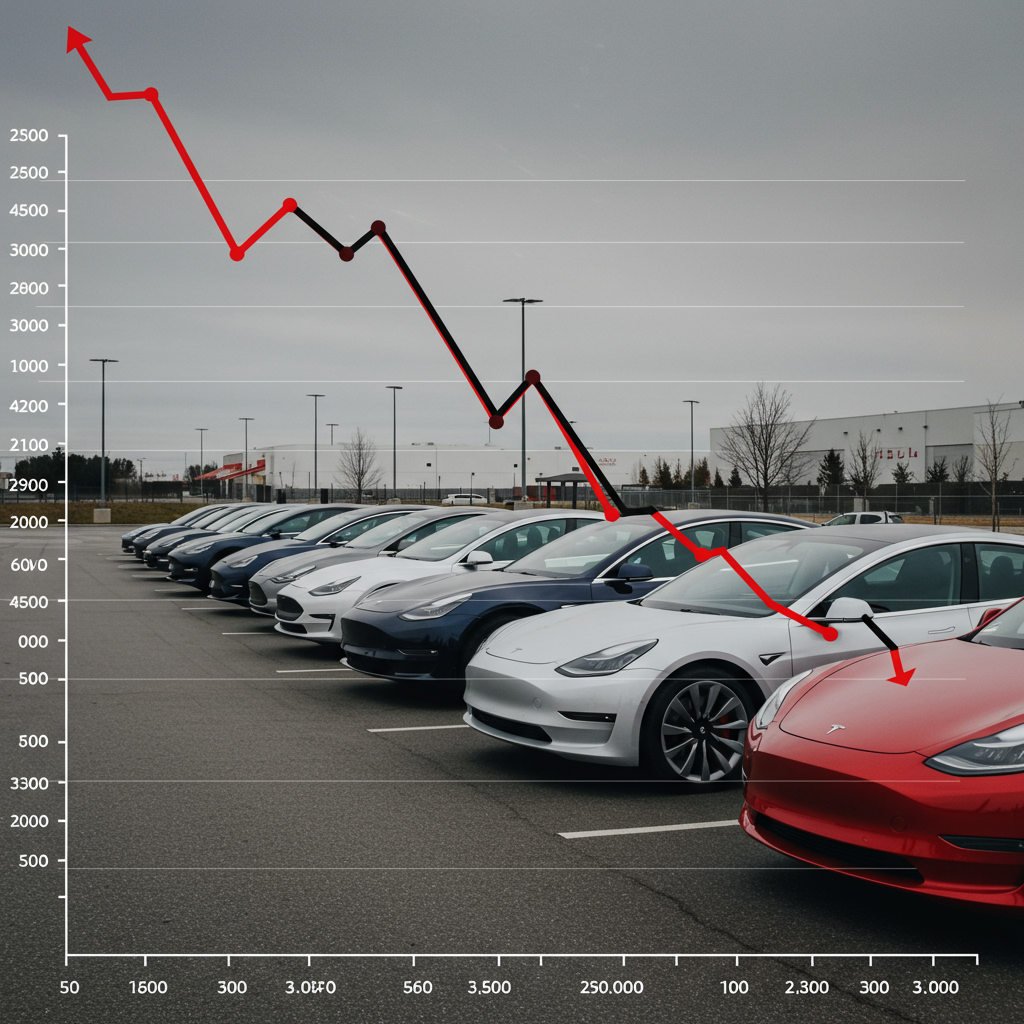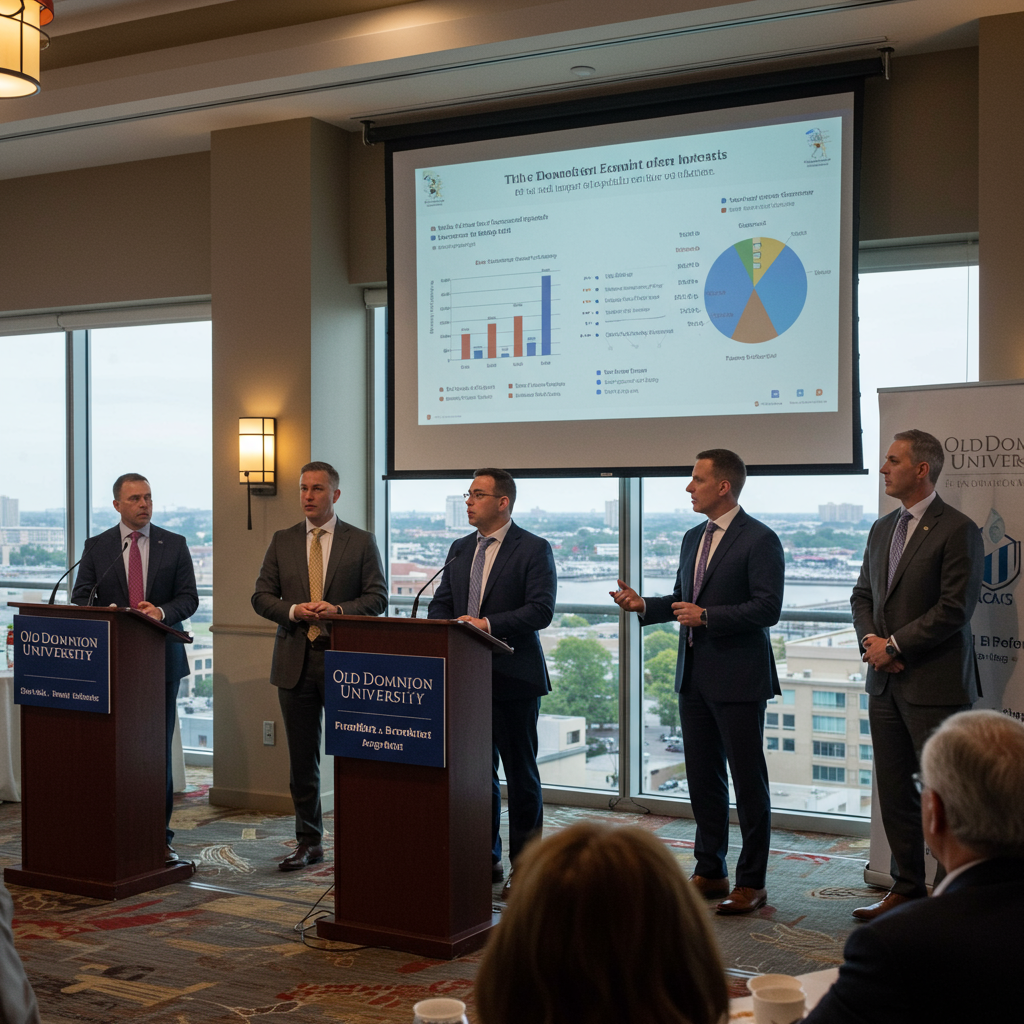In a significant move set to reshape trade flows between China and Africa, Beijing has announced its readiness to eliminate tariffs on imports from nearly all African nations with which it holds diplomatic relations. This bold offer, revealed at a high-level China-Africa co-operation meeting, comes as African countries face potential new trade barriers from the United States.
The proposed zero-tariff policy would apply to goods imported into China from 53 African countries, effectively granting duty-free access to one of the world’s largest consumer markets. This expands significantly upon a previous initiative that had already granted zero-tariff treatment to products from 33 least-developed African nations. The new, broader policy will now include major African economies that are key trading partners with China, such as South Africa and Nigeria.
Deepening China-Africa Economic Ties
China has cemented its position as Africa’s largest trading partner over the past 15 years. Trade figures underscore the scale of this relationship, with African nations exporting goods worth approximately $170 billion to China in 2023 alone. While China traditionally imports large volumes of raw materials, notably from countries like the Democratic Republic of Congo and Guinea, the expanded tariff removal could pave the way for a more diverse range of African products to enter the Chinese market.
According to a readout from China’s foreign ministry, Chinese President Xi Jinping affirmed China’s willingness to extend these zero-tariff measures, aiming to provide “more convenience for the least developed countries in Africa to export to China” and deepen overall economic ties. The move is seen by Beijing as facilitating African exports and providing expanded access for African producers.
Contrast with US Trade Policy
The timing of China’s announcement is particularly notable, occurring amidst uncertainty surrounding Africa’s trade relationship with the United States. In contrast to China’s policy of opening its market, former President Donald Trump previously announced potentially high tariffs on US imports from several countries, including African nations like Lesotho (up to 50%), South Africa (up to 30%), and Nigeria (up to 14%).
While the implementation of these potential US tariffs was paused temporarily, the prospect has caused consternation among African trading partners. The US imported $39.5 billion worth of goods from Africa in 2024, a significant portion of which currently enters tariff-free under the long-standing African Growth and Opportunity Act (AGOA). However, AGOA, which has been in place for 25 years, is scheduled to expire in September, adding further uncertainty to African trade access to the US market, particularly if new tariffs are pursued.
A joint ministerial statement issued during the China-Africa meeting appeared to implicitly criticize the US approach. It referenced efforts by “certain countries” to “disrupt the existing international economic and trade order” through unilateral tariff impositions and called for trade disputes to be resolved based on principles of “equality, respect and mutual benefit.” Some analysts have framed China’s zero-tariff offer as a direct counterpoint to potential US protectionist measures.
Notable Exception
While the offer extends to almost all of Beijing’s diplomatic partners on the continent, one African state is explicitly excluded: Eswatini. This exclusion stems from Eswatini’s recognition of Taiwan as an independent country, a stance contrary to Beijing’s view of Taiwan as a breakaway province.
Although the specific date for the implementation of China’s expanded zero-tariff policy has not yet been announced, the commitment signals a significant shift in China’s trade strategy towards Africa, positioning Beijing as a champion of open trade with the continent amidst a complex global trade landscape.




